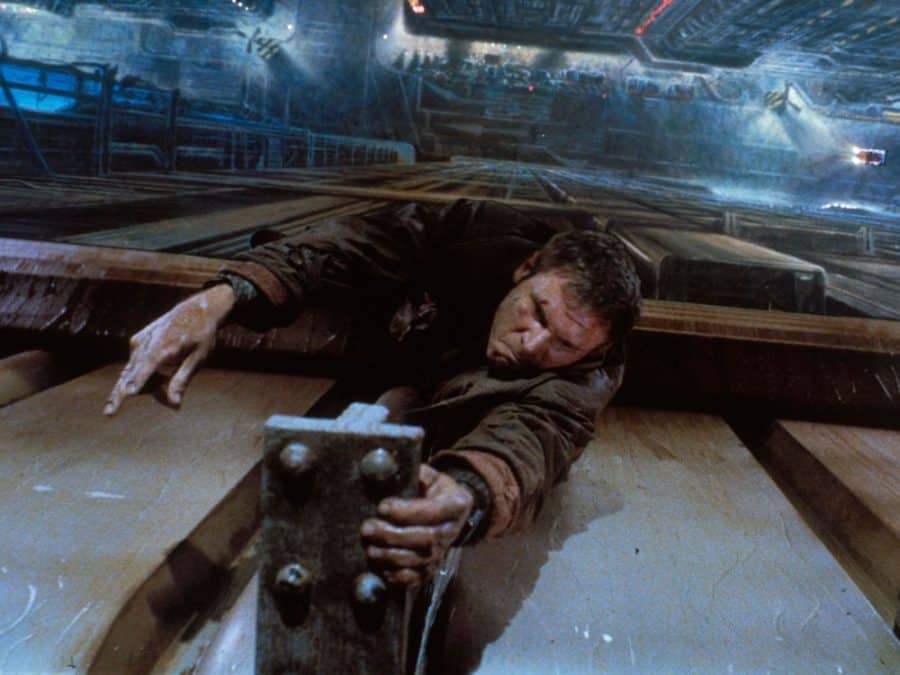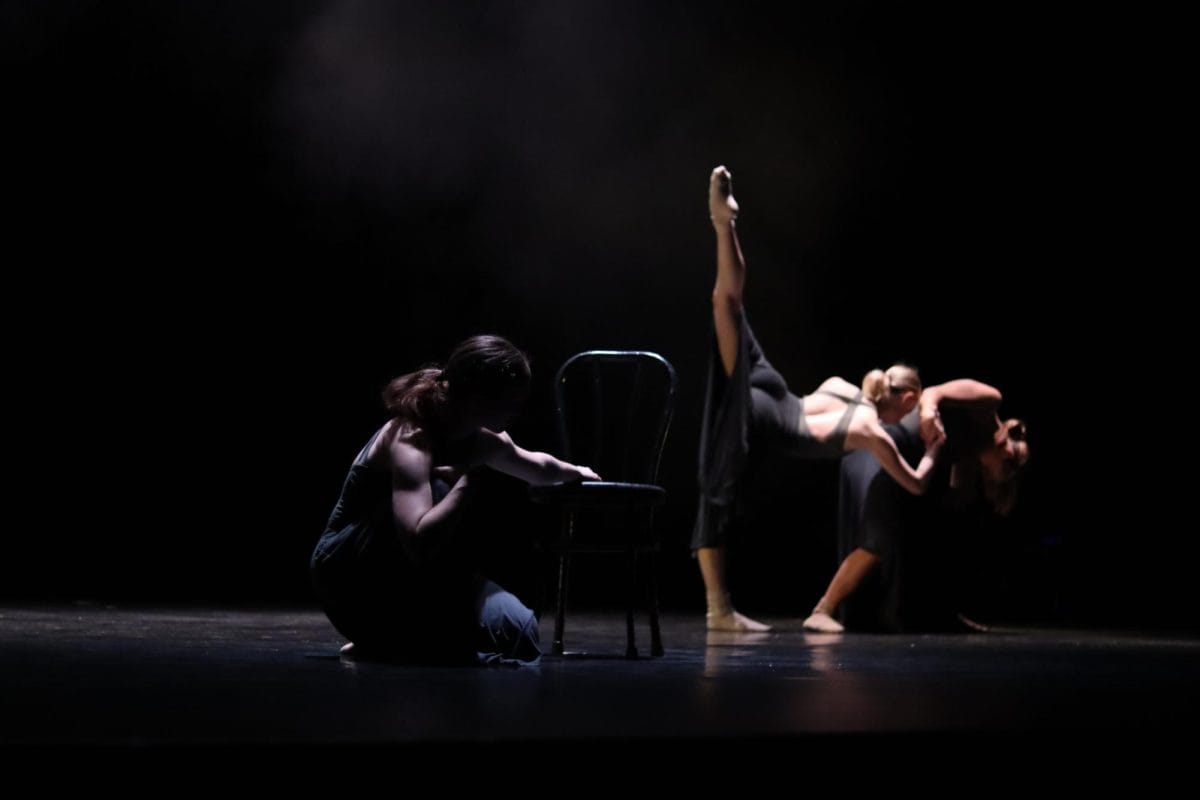Many cinema nerds swoon at the thought of something shot on film. The tasteful grain that film provides over digital is charming and quite noticeable to a trained eye. It was something film-goers took for granted until George Lucas decided to shoot “Star Wars: Episode II – Attack of the Clones” entirely on a digital camera. Since the release of that film in 2002, the choice of digital cameras over film cameras to shoot movies has grown exponentially. That choice also gave rise to a debate of film-versus-digital that constantly comes up in film circles. This debate is ridiculous and massively overplayed.
Film traditionalists will argue that the “film look,” characterized by a generally shallow depth of field and broader exposure latitude, is lost with digital and can’t be duplicated. Digital enthusiasts will argue that the higher resolution and improved workflow of digital cameras make the extra time and money used to shoot with film not worth that “film look.” Film enthusiasts view digital shooters as lazy and digital enthusiasts view film shooters as Luddites. The correct answer to this debate is somewhere in the middle.
In 2017, shooting on film is costly, time-consuming and difficult to the point that many production teams choose to shoot on digital simply out of necessity. This reserves most film camera productions to thoroughly accomplished directors that prefer film or a select few well-funded indie productions. Basically any major studio blockbuster is going to be shot on the latest and greatest digital cinema camera. Low-budget independent films will use lower-level digital cameras to avoid the costs of shooting on film. In both of these situations, the choice of shooting on digital is merited. The studios are pushing forward camera technology by putting these new cameras to the test, and the independent productions are just doing what they have to do to survive.
Productions that choose to shoot on film can’t be faulted either. The art of filmmaking was built around celluloid film, and sticking to that film is something that should be celebrated. Despite the snobby nature of some film enthusiasts, it is undeniable that productions that use film cameras have a distinct look that isn’t matched by digital cameras. Both sides have their place in the film world.
A prime example of the film-versus-digital debate being moot lies within the “Blade Runner” franchise. The 1982 original, shot on film by Jordan Cronenweth, is almost universally praised for its top-notch visual aesthetic. Fifteen years later, the sequel “Blade Runner 2049” was released in theaters. It too is garnering universal praise for its immaculate imagery. Nearly every frame of the movie is worthy of being printed and framed. The legendary cinematographer Roger Deakins shot “Blade Runner 2049” on digital. Deakins is a cinematographer who has a particularly interesting perspective on the debate, since he has been working through the digital film revolution. I had the privilege of interviewing Deakins in the spring, and I took the opportunity to ask him his opinion on the matter. His answers boiled down to the point that film cameras and digital cameras are merely tools, and it is up to the filmmaker to choose which tool helps best tell the story.
Even though Deakins and Denis Villeneuve chose to go a different route of the original “Blade Runner” by shooting “Blade Runner 2049” on digital, they still captured the essence of the original and are garnering massive critical praise for it. They didn’t achieve that praise by being snobs for digital cameras. They achieved it by using the tools they deemed necessary to tell their story. Film-versus-digital is a subjective choice, and subjective choices should be praised in the film world—not frowned upon through pretentious and unproductive debates.







